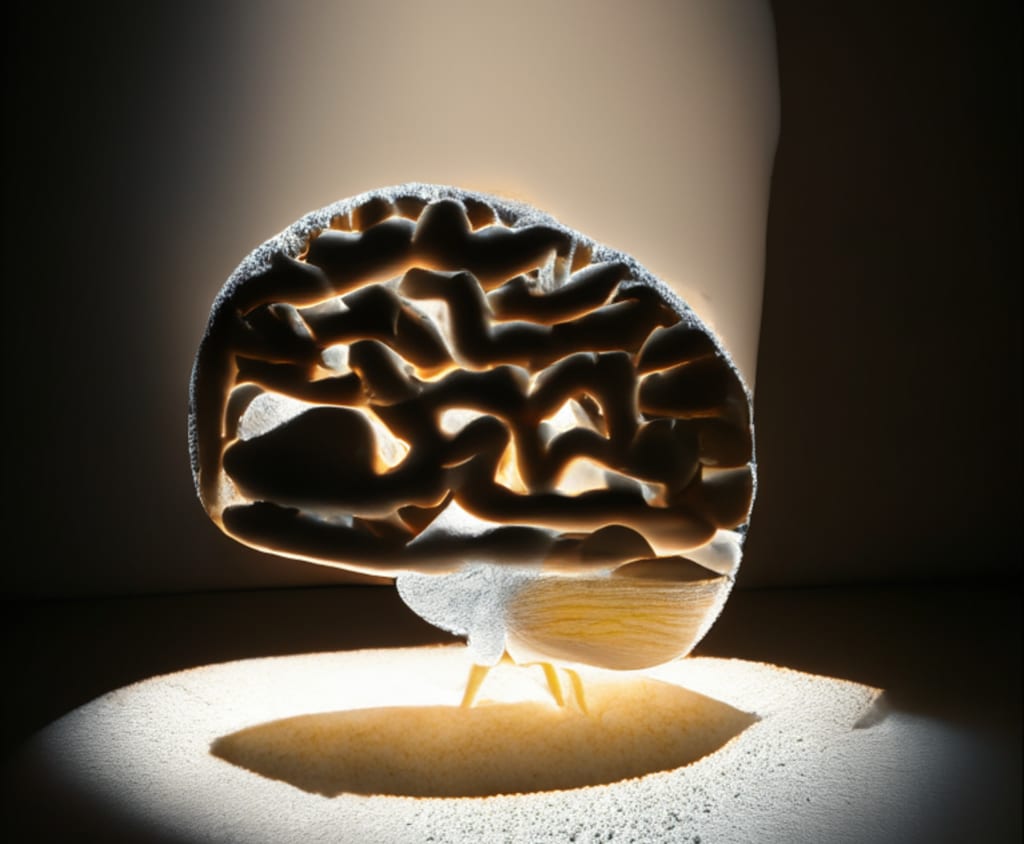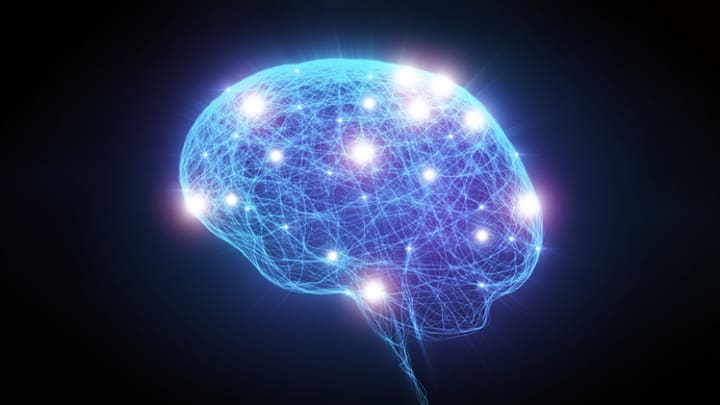How sugar affects the brain
Are you craving dessert? Know why

Imagine a vivid image of freshly baked, soft cookies, crispy chocolates, smooth cakes, and towering waffle cones overflowing with ice cream. Is your mouth watering? Are you craving something sweet? Why? What happens in the brain that makes sugary treats so irresistible? Sugar is a general term used to describe a group of molecules known as carbohydrates, and it can be found in a wide variety of foods and beverages. Simply check the labels on the sweet products you purchase. Glucose, fructose, sucrose, maltose, lactose, dextrose, and starch are all types of sugar. Similarly, high-fructose corn syrup, fruit juice, raw sugar, and honey also fall under this category. Furthermore, sugar is not limited to just candies and pastries, but is also added to tomato sauce, yogurt, dried fruit, flavored beverages, and granola bars.

Given that sugar is ubiquitous, it is crucial to comprehend its impact on the brain. What occurs when sugar comes into contact with your taste buds? Additionally, does consuming a small amount of sugar create a desire for more? You consume a spoonful of cereal. The sugars present in it activate the sweet-taste receptors, which are part of the taste buds located on your tongue. These receptors transmit a signal to the brainstem, which then branches out into various regions of the forebrain, one of which is the cerebral cortex. Distinct portions of the cerebral cortex process different flavors: bitter, salty, umami, and, in this case, sweet.

From this point, the signal triggers the brain's pleasure system. This pleasure system is a complex web of electrical and chemical pathways spanning various regions of the brain. It is an intricate network, but it serves to answer one unconscious question: should I repeat that action? That pleasant, comforting sensation you experience when you indulge in Grandma's chocolate cake? That is your pleasure system signaling, "Mmm, yes!" And it is not only stimulated by food. Interacting with others, engaging in sexual activity, and consuming drugs are just a few examples of things and experiences that also activate the pleasure system. However, excessively stimulating this pleasure system initiates a chain of unfavorable occurrences: loss of self-control, yearning, and heightened tolerance to sugar.

Let's return to our nibble of cereal. It travels down into your stomach and eventually into your intestines. And guess what? There are sweet receptors here, too. They are not taste buds, but they do transmit signals informing your brain that you're satisfied or that your body should produce more insulin to handle the additional sugar you're consuming. The main currency of our pleasure system is dopamine, a vital chemical or neurotransmitter. There are numerous dopamine receptors in the cerebrum, but they're not evenly spread out. Specific regions contain dense clusters of receptors, and these dopamine hot spots are a component of our pleasure system. Substances like alcohol, nicotine, or heroin push dopamine into overdrive, causing some individuals to constantly pursue that euphoric feeling, in other words, to become addicted.

Highly processed sugar also triggers the release of dopamine, although not as intensely as narcotics. Additionally, sugar stands out among foods that stimulate dopamine production. For instance, broccoli lacks this effect, which may explain the difficulty in persuading children to consume their vegetables. Speaking of nutritious foods, suppose you feel hungry and opt for a well-balanced meal. After eating it, dopamine levels surge in the pleasure centers of the brain. However, if you consume the same dish repeatedly over several days, the dopamine levels gradually decrease and eventually stabilize. This occurs because the brain has evolved to be particularly attentive to novel or different flavors in food. Why? There are two main reasons: firstly, to identify spoiled food, and secondly, because having a varied diet increases the likelihood of obtaining all necessary nutrients. To maintain this variety, it is crucial to recognize and have a desire to consume new foods. Consequently, dopamine levels plateau when a food becomes monotonous.
Now, returning to that meal. What occurs if instead of the nutritious, well-balanced dish, you consume food rich in sugar instead? If you seldom consume sugar or don't consume a large amount at once, the impact is similar to that of the balanced meal. However, if you consume an excessive amount, the dopamine response does not stabilize. In other words, consuming a large quantity of sugar will continue to be pleasurable. In this manner, sugar acts somewhat like a substance. It's one reason why individuals appear to be addicted to sugary foods. So, recall all those various types of sugar. Each one is distinct, but every time any sugar is ingested, it initiates a chain reaction in the brain that ignites a pleasurable sensation. Too much, too frequently, and things can go into overdrive. Thus, yes, excessive sugar consumption can have addictive effects on the brain, but indulging in a slice of cake every now and then will not harm you.
About the Creator
Duncan Gakuya
Inventive articles that stimulate you intellectually and satisfy the readers' yearning for understanding in various subjects.






Comments
There are no comments for this story
Be the first to respond and start the conversation.